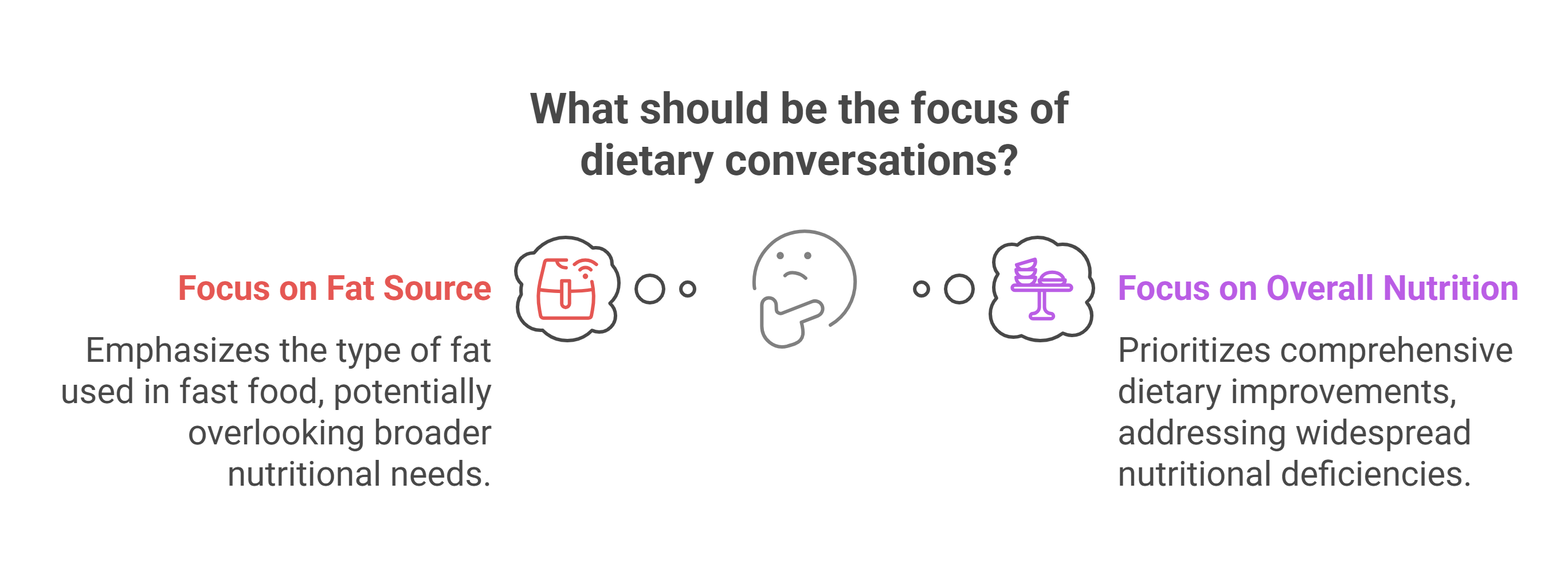
Unpacking the Hype: Is Tallow Really a Healthier Choice?
Recently, tallow has roared back into the spotlight, championed by none other than RFK Jr., who seems to have a flair for promoting it as a healthful alternative to popular cooking oils. But what’s the truth about beef tallow? Is it just a fad, or is there real substance behind this advocacy?
In 'The TRUTH on Tallow | Fad or Fact?', the discussion dives into the debate on tallow's health implications, prompting us to analyze the claims and provide a clearer perspective.
The Basics: What is Beef Tallow?
Simply put, beef tallow is rendered fat from cows, chiefly used for frying and baking. Advocates argue it’s natural and therefore healthy, but let’s explore this argument further. The reality is, while our ancestors may have eaten tallow, associating natural with safe or healthy is known as an appeal to nature fallacy. After all, not everything found in nature is beneficial—poisons like arsenic exist as well.
Tallow vs. Oils: Understanding the Nutritional Breakdown
In comparison to oils like olive or canola, tallow has a balanced composition of saturated and monounsaturated fats, typically around 50/50. Yet, it also has higher trans fats than many liquid oils, which raises questions about its health implications. While some may claim that natural trans fats from animal products are less harmful, the debate continues. Ultimately, it's crucial to refer to evidence-based facts rather than social media tales.
The Heart of the Matter: Effects on Blood Lipids
When assessing the health implications of tallow, studies indicate that it does elevate LDL cholesterol levels and triglycerides more than healthier oils. Nonetheless, long-term studies focusing on tallow's impact on heart disease and related health risks are still scarce. Until more solid data emerges, we can only speculate.
Cooking Stability: Is Tallow the Best Option?
When it comes to cooking, especially at high temperatures, tallow shows some advantages due to its saturation levels. Research suggests that saturated fats like tallow withstand heat better than liquid oils, resulting in less degradation during prolonged cooking. However, the true measure of its effects lies in human consumption data—currently, the results are inconclusive.

Missed Opportunities in Dietary Conversations
One glaring issue that arises is the obsession with which fat is being used for deep frying. Promoting tallow fries almost misses the larger dietary picture when America faces widespread opportunities for improvement. Rather than fixating on the fat source of fast food, a sincere effort toward enhancing overall nutrition should be the priority.
Treading Carefully: Towards an Informed Choice
As consumers, it’s wise to orient toward unsaturated fats—like those found in olive oil and nuts—while enjoying saturated fats like tallow in moderation. Embracing a flexible approach allows for a balanced intake that favors health. Additionally, keeping track of blood lipid levels can provide personal insights into dietary impacts.
In summary, while opinions surrounding tallow are varied, the evidence suggests that unsaturated fats are more advantageous for health. As we navigate the kitchen, experimenting with healthier cooking techniques and mindful fat choices will optimize our well-being.
 Add Row
Add Row  Add
Add 




 Add Row
Add Row  Add
Add 

Write A Comment